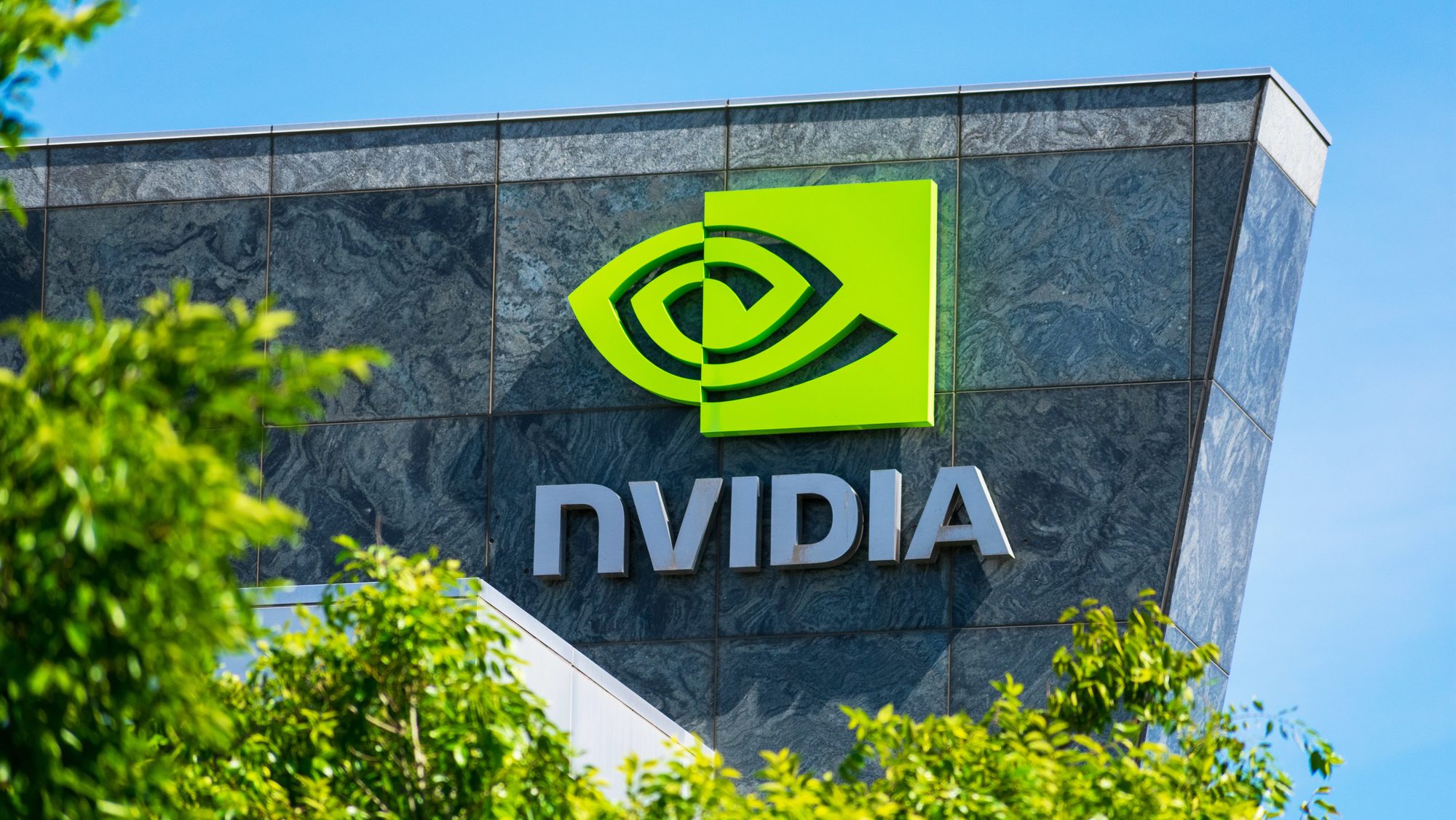INTERNATIONAL: Nvidia is bracing for about a US$5.5 billion (S$7.23 billion) financial hit after the US government placed fresh restrictions on its H20 chips export to China— a chip explicitly designed by the company to comply with previous curbs.
According to Bloomberg, Nvidia warned it would report about US$5.5 billion worth of charges tied to the H20 line from inventory, purchase commitments, and related reserves during the fiscal first quarter.
In a regulatory filing on Tuesday (April 15), Nvidia said the government had informed them a day earlier that the H20 would now require a licence for exports to China for the “indefinite future”. According to officials, the new rules come amid US concerns that the chips could be used in or diverted to Chinese supercomputers.
The announcement sent Nvidia shares down about 6% in late trading. Rival chipmaker Advanced Micro Devices (AMD) also saw a drop, as both firms operate in the artificial intelligence (AI) chip market.
In January, Bloomberg cited sources familiar with the matter, saying that Trump administration officials were considering tighter curbs on Nvidia chips sold to China. H20 chips, which can be used for developing and running AI software and services, have been scaled down to meet US regulations. However, now it’s also seen as too risky to leave the country amid the growing trade war between the US and China.
Nvidia has argued that stricter rules will only push China to speed up its efforts to rely less on US technology, which could end up hurting American businesses.
According to Bloomberg, the latest move came after a National Public Radio report said US President Donald Trump had earlier dropped plans to restrict H2O chips in exchange for Nvidia investing in AI data centres. Nvidia recently committed to building AI data centres worth up to US$500 billion in the US over the next four years, which includes projects already in progress.
The US-China chip battle has been ongoing since October 2022, when the US barred Nvidia and others from selling their most advanced AI chips to China. At the time, officials cited that the technology could help China gain a military edge.
Since then, the list of restricted items has grown to cover more processors and high-bandwidth memory chips needed for AI applications, as well as semiconductor manufacturing tools. The Biden administration also widened the rules to include about 40 countries that were seen as possible backdoor routes for China. Later, the controls were extended globally in former president Joe Biden’s final week in office.
The Trump administration has said it plans to strengthen and streamline these rules further. The new measures on Nvidia suggest the administration will continue taking a tough stance on China’s tech progress. They also follow past sanctions on dozens of Chinese firms allegedly supporting Beijing’s military tech efforts. /TISG
Read also: Nvidia beats expectations with US$39.33B revenue for Q4 FY25, reinforcing AI dominance
Featured image by Depositphotos (for illustration purposes only)

